I love Malcolm, but where is he when you need him?
‘This isn’t the Malcolm Turnbull Australians thought they were getting as Prime Minister,’ Peter Hartcher whined on Sky News, lamenting the government’s hard line refugee policy. And oh, how I laughed. I suppose everyone did expect Malco would go squishy on border security – everyone, that is, except yours truly. All of us (by which I mean ‘everyone but me’) forgot his declaration that ‘Only a Turnbull government can stop the boats.’ That was in 2009: not exactly the high point of his conservative rhetoric. No, the fact is that, despite any waffling Mr Turnbull might indulge in, he’s a proper immigration hawk. And as border security is the single most important political issue facing the West today, I guess we (i.e. you people) can agree that my optimism was roundly justified.
I’ll admit to having been wrong on one pretty crucial point, though. It wasn’t unreasonable to assume that Malco, the very epitome of an artsy-fartsy Sydneysider, would lead an artsy-fartsy government. That’s another reason I like him. I don’t subscribe to the conventional wisdom that polysyllabic words are used exclusively by communists and militant homosexuals. Why is it that conservatives, who are meant to be champions of Western civilization, must as a rule purport themselves like philistines? From George W. Bush to Tony Abbott, our leaders (especially those with elite educations) affect a sort of populism meant to attract people with no interest outside of cheap beer and professional sports – ideally taken at the same time. Turnbull was a breath of fresh air: a premier on the Right, such as it is, who unashamedly steeped himself in high culture. Old mate Christian Kerr poked fun at him for constantly quoting Thucydides; frankly, I find it disturbing that his colleagues don’t.
Alas, he’s been sorely disappointing on that front so far, as it seems the Turnbull government is poised to undermine Australia’s vaunted publishing industry. The Productivity Commission, which falls under ScoMo’s portfolio, just published a report saying: ‘The expansion of the books production industries over recent decades has attracted and held productive resources, notably skilled labour and capital, that have thereby been unavailable for use in other industries. The upshot will have been reduced growth in employment and output in other parts of the economy.’ Read that again. The Commission is saying that books are a waste of time and money. They’re not lucrative enough to justify government protection.
Nor, apparently, are Aussie writers. The Commission also recommends vastly curbing the longevity of copyright laws. The current scheme – which was instituted by one John Winston Howard – guarantee copyrights for the author’s lifetime plus seventy years. The Commission would see that period reduced to a mere 15 to 20. Why? Because ‘few, if any, creators are motivated by the promise of financial returns long after death.’ No, of course they’re not. But few, if any, creators are motivated by the promise of financial returns for 15 to 20 years either. Trying to make money as a creative writer is like claiming refugee status in North Korea. Novelists and poets work for the love of their craft, and the point of copyright laws is to ensure that at least some of them don’t starve to death in the process. Anyone who sets out to slash their earned income – potentially aborting the next My Brilliant Career, Voss, or Ransom in the process – for the sake of putting more money in the pockets of (foreign) publishing companies is nothing but a vandal.
‘Yeah, but novelists are a bunch of Greens-voting pinkos anyway,’ you say. ‘Give ‘em a taste of their own medicine. Cut into their profit margins and see how they like it.’ All right, but tell that to Quadrant, who’ve just been refused their annual grant by the Australian Council. ‘This is the first time in the magazine’s 60-year history that we have applied for a federal literary grant and been completely denied,’ editor Keith Windschuttle wrote in a statement. Quadrant is far and away Australia’s premier journal of literature and social criticism, dwarfing rivals like the Griffith Review and Overland – who, by the by, received $400,000 and $320,000 respectively. If Quadrant folds, it won’t only be a tremendous loss for Australian letters: it will also be a crippling blow to conservative and liberal philosophy. Quadrant also has the distinction of being the country’s oldest and greatest journal of centre-right opinion. (The Speccie, of course, is hot on its heels.) Its loss would be the most significant defeat Aussie conservatives have suffered in the Culture War to date.
Pardon my language, but where the heck is Turnbull through all of this? How can the most cultivated premier in Australian history sit by while publishers and authors – two of any nation’s most precious cultural commodities – are faced with disenfranchisement by multinational corporations like Amazon? How can he look on while a left-wing, government-sponsored cartel delivers such a crippling blow to the most venerated literary periodical in this country’s history? How is Malco having such a hard time fulfilling his basic role in life: that of an urban trendy? It really is Twilight Zone stuff. You would’ve been forgiven for expecting this PM to turn The Lodge into a salon, devoted mostly to pinning medals on the chests of four-toed, gender-fluid Indigenous poetesses. But even I couldn’t have predicted that the Turnbull government would oversee the collapse of Australia’s literati. Forget the federal election, Malcom dear. I can’t imagine this will go over too well in our beloved Wentworth.
Michael Davis is a regular contributor. Follow him on twitter @mwardav
Got something to add? Join the discussion and comment below.
Get 10 issues for just $10
Subscribe to The Spectator Australia today for the next 10 magazine issues, plus full online access, for just $10.
You might disagree with half of it, but you’ll enjoy reading all of it. Try your first month for free, then just $2 a week for the remainder of your first year.

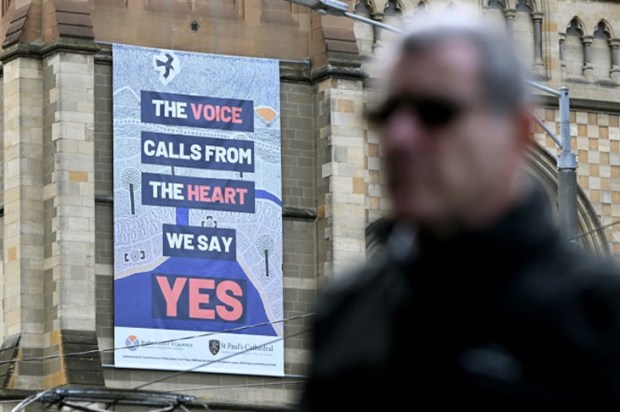
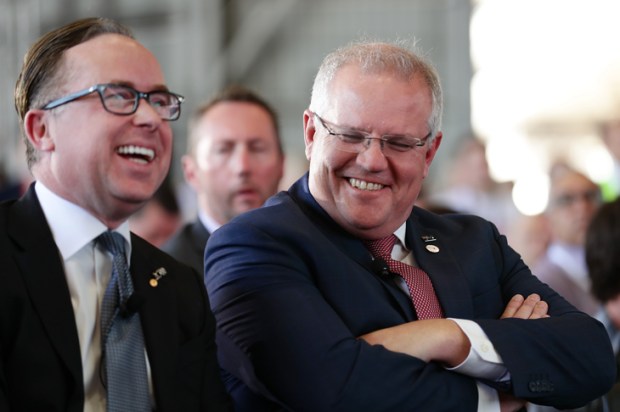
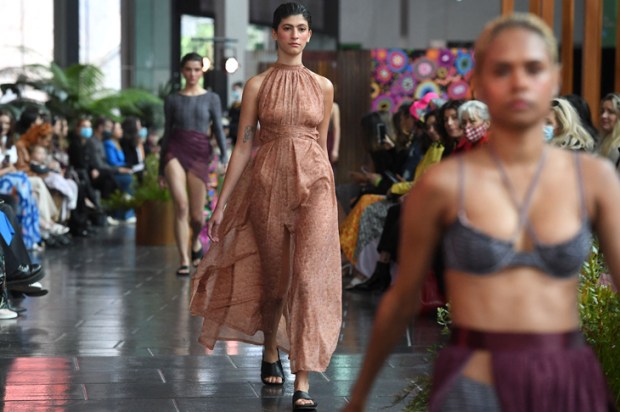
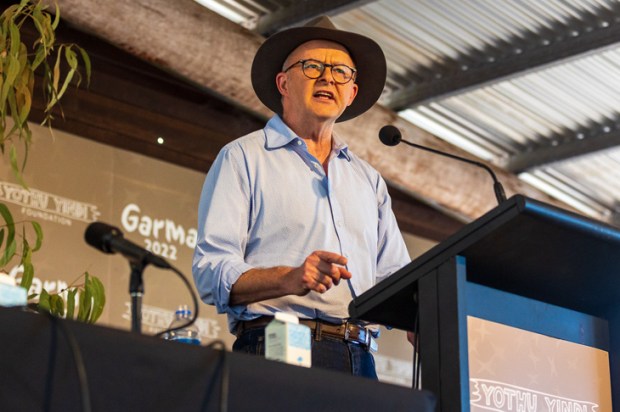

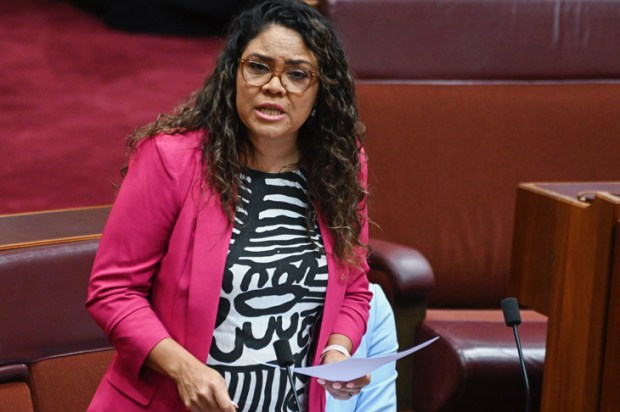






Comments
Don't miss out
Join the conversation with other Spectator Australia readers. Subscribe to leave a comment.
SUBSCRIBEAlready a subscriber? Log in